How Will Our Children’s Chinuch Be Reshaped By Coronavirus?
| May 13, 2020From a chinuch standpoint, this virus will leave us with a mixed bag of after effects
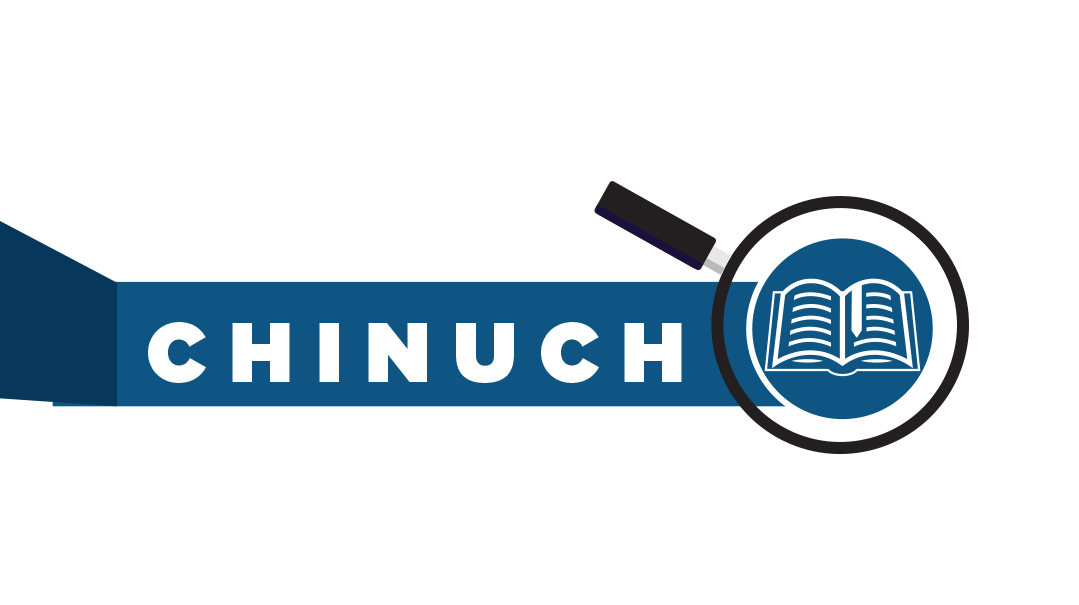
Every dramatic incident has an aftermath. Anyone who has flown since 9-11 and has had to remove his shoes at airport security can attest to that. As we struggle with COVID-19, we’re getting used to multiple “new normals,” many of which will become new ways of life. From a chinuch standpoint, this virus will leave us with a mixed bag of after effects: some positive, and some that we’ll have to overcome.
On the core educational level, the remote-learning model will result in inevitable lapses. Many of our children will not cover their yearly curriculum. Beyond the amount of material missed, however, the remote model results in a different loss: the overall hashkafah, feeling for Yiddishkeit, geshmak in learning, and so many other non-tangible but very real elements of our children’s learning experience, may suffer severely. This risk is even more potent in homes that are less reflective of those values; for many of those children, their heavy dosage of “Yiddishkeit-infusion” happens at an assembly, a shmuess, an unscheduled class discussion and by seeing their rebbi or morah’s expressions and animation when discussing various topics.
Another negative effect: the extended time spent at home without formal structure has drawn many of our youth towards more screen time, and I fear that there will be victims of internet misuse, with the dark and slippery slope that it entails.
On the upside, many schools have successfully risen to the challenge of communicating and interacting with parents during this trying time, and I feel those efforts will result in a long-lasting bond of renewed respect and collaboration. Parents will increasingly look to schools for support in educating their children, and many schools who are seeing how much parents appreciate interaction will develop and embrace this relationship.
Perhaps the greatest positive change is the reset of the home environment as a vital part of our children’s Torah growth. The resilience of the Jewish home has been fanned and is now a healthy flame. Families have launched in-house initiatives and are stepping up in the most profound, creative and dedicated ways.
A creative father I know adapted an ingenious method for memorizing the 613 mitzvos; about two months in quarantine his children could already repeat over 100 of the mitzvos by heart. A devoted father is giving a daily Taryag Mitzvos shiur to his boys. A caring mother supplies her children with almost-daily special activities, from a family carnival to challah baking.
Many parents are also strategically “outsourcing,” taking advantage of the many supplementary call-in lines from Pirchei, the Wonderword hotline and the like, supplying doses of Torah hashkafah and excitement for mitzvos, as the children hear stories, shiurim and lessons from master mechanchim. Two programs, Night Seder America and Studying Navi, have respectively close to 1,500 and 4,000 talmidim joining daily!
The home has become a true hub of lively chinuch, and I believe we in the chinuch world will reap the rewards of this development for years to come. In a sense, the school-home relationship can be compared to the process of preparing a gourmet meal. The parents drop off the main ingredient: a well-rested and prepared child. The rebbi/teacher is the chef who adds just the right amount of seasoning, focusing on the texture, the sweetness, the spiciness. The dish is sent home to cook, but it still needs careful basting, the proper temperature, some last-minute spices, and a watchful eye to make sure it is finished properly.
Before the days of Yehoshua ben Gamla, every child received his Torah chinuch at home; yeshivos were reserved for senior talmidim that already climbed the ladder to more intense learning. After he revolutionized our chinuch model, yeshivos and Bais Yaakovs have shifted into place, shouldering the bulk of this task. The home component, in many cases, has been neglected. I believe that it has now been reawakened, and in a truly remarkable way.
Ihave recently shared with my parent body chilling words that Rav Hirsh ztz”l wrote in the late 1800s (quoted in the “Introduction by Translator” to Horeb, “The Classification of the Mitzvoth,” p.1xix). “If I had the power I would provisionally close all synagogues for a hundred years. Do not tremble at the thought of it, Jewish heart. What would happen? Jews and Jewesses without synagogues, desiring to remain such, would be forced to concentrate on a Jewish life and a Jewish Home. The Jewish officials connected with the synagogue would have to look to the only opportunity now open to them – to teach young and old how to live a Jewish life and how to build a Jewish home. All synagogues closed by Jewish hands would constitute the strongest protest against the abandonment of the Torah in home and life.”
Rav Hirsh faced very different challenges than we do and his words were written against a backdrop very unlike ours. However, there is something in his timeless words that rings true even today. Home is an important – nay, integral – part of Torah chinuch, and our current situation has recaptured the hearts of parents.
Despite the many challenges facing families as they navigate a new home-schooling experience, by and large we have a lot to be proud of. The heroic efforts of so many parents have swept them into the arena headfirst, and although unquestionably our parents will give a sigh of relief, excitement and even euphoria when the schools reopen, their reconnection with direct chinuch will remain, I believe, a lasting presence.
So how will these aftereffects of the coronavirus reshape our children’s chinuch?
From a purely educational perspective, I am confident that our rebbeim and teachers will get back into the groove and with their talents and passion, narrow the gaps in curriculum lapses. Even now, rebbeim and teachers are displaying tremendous creativity to get their students actively involved in continued learning, so that any gaps are narrowed.
On the hashkafah level, some of our children may suffer from the vacuum created by spending weeks and months away from the environs of a yeshivah or Bais Yaakov. This may be more pronounced in communities where the day schools serve as the core for Jewish hashkafah and outlook.
If there are any karbanos of misuse of the internet – I wonder if I write “if” with naivete – we can look out for telltale signs, daven, and beseech parents to protect their homes and children from further damage. Only time will tell how far-reaching any misuse will extend. I do believe that parents, however, in their renewed roles as active mechanchim, are doing whatever they can to keep this under control. At a recent, very well received school teleconference for parents, a menahel said, “While there may be room for laxity in regard to viewing materials in respect to the quantity, the quality must not be jeopardized.”
On the bright side, I am excited about the renewed relationship that many schools have been able to develop with their parent body. Some have been more successful than others – and there’s still time for the latter group to join the former group – but this crisis has shown schools how much parents yearn for connection, guidance and advice, and it has shown parents how much their schools can offer by way of chizuk and assistance.
I believe that this blessed dynamic will continue. Teleconferences for parents and menahelim, ongoing chinuch emails and more, are all mediums that have served as lifelines for parents during these turbulent times, and I am sure many will continue.
For students as well, I believe we will see some schools maintaining forms of remote learning opportunities for students out sick or away for simchahs, or even for rebbeim and teachers to use when they cannot be in school. Imagine a rebbi out of town for a simchah, yet still teaching his class via teleconference or videoconferencing, at least for a part of the day. This is a real consideration that can have a very positive impact on the chinuch landscape.
Is there a light at the end of the tunnel? Of course; we never lose hope. Ever. Certainly, as mechanchim, one of our core values is optimistic hope. And there is a real silver lining. Throughout this period, we have seen parents rising to the task in ways they never knew possible. I recently told a parent that a maxim to live by these days is, “A decent day is a great day.” When parents are sometimes experiencing good and even great days, it gives us the hope that together with these ongoing, loving efforts, and with some extra focus upon our safe return to the school setting, we can and will fill the voids and mend the gaps.
Most positive of all, the home environment has been reinforced – or introduced for the first time – as the strong chinuch partner that it should be. When all the dust settles and our children are back in their classrooms, they will be proud to count themselves part of our community’s respective families – the families who made it through a virus that threatened every element of their lifestyle, and who didn’t just survive, but thrived.
Rabbi Menachem M. Karmel is the elementary school Menahel of Yeshiva Gedola of Montreal and columnist of the Circle Magazine’s popular “Ask the Menahel” column. He has presented to educators in Torah Umesorah’s Yesud Ma’aleh and Aish Dos programs, and is a widely-published author of articles on chinuch topics, and has written for and collaborated with the Chofetz Chaim Heritage Foundation on many of their educational projects.
(Originally featured in Mishpacha, Issue 810)
Oops! We could not locate your form.

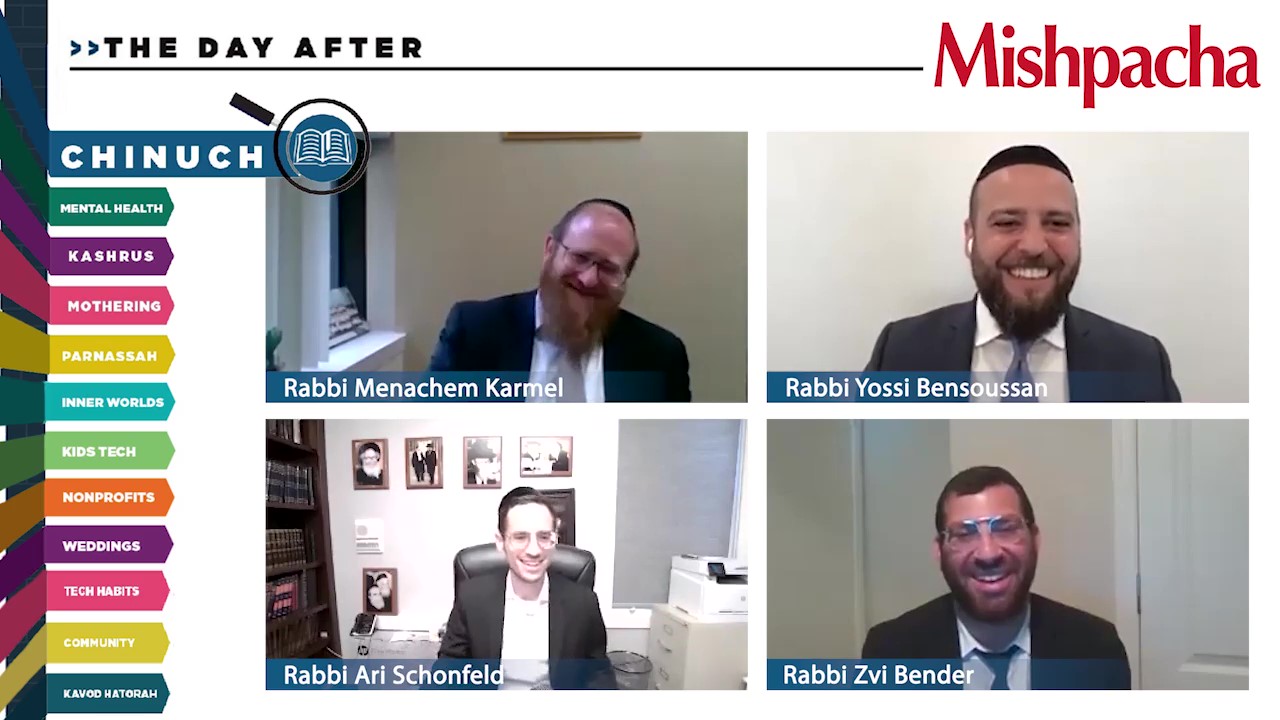
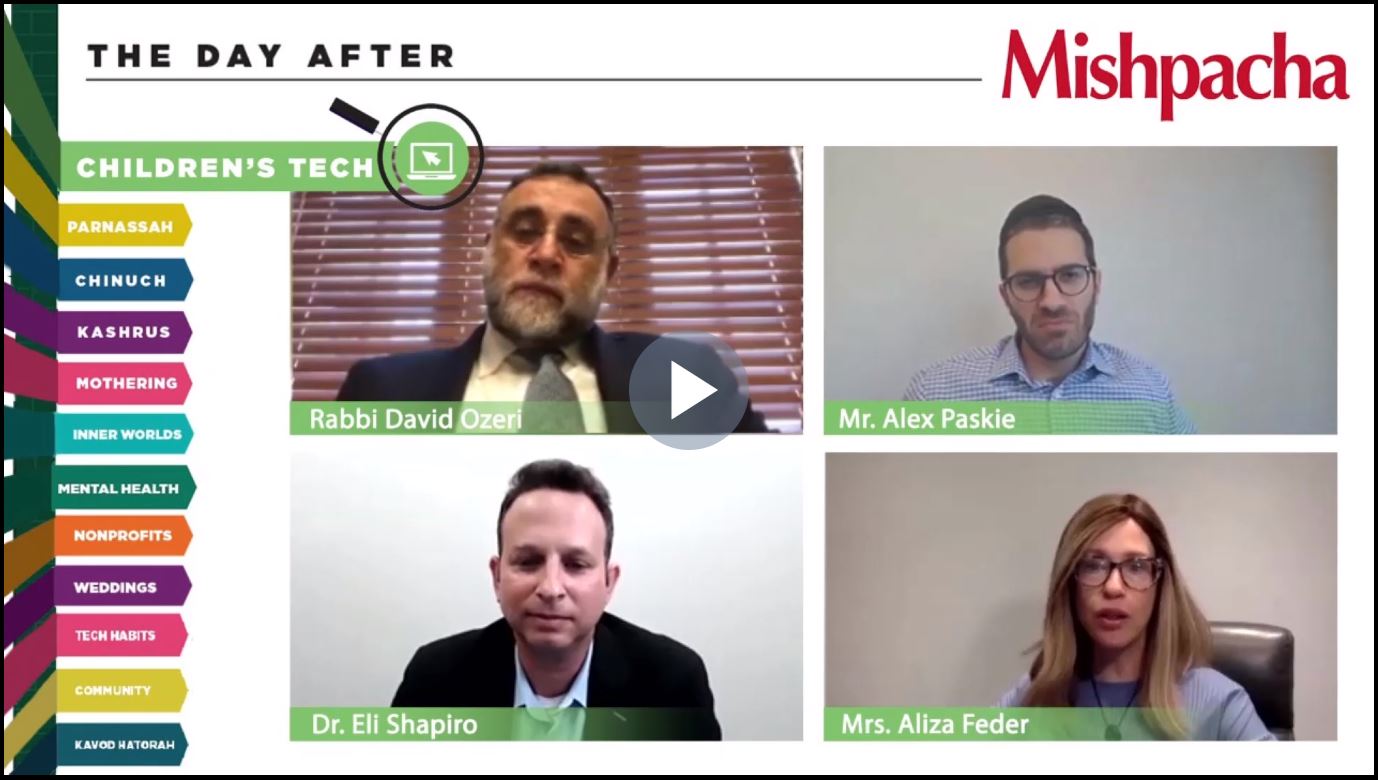
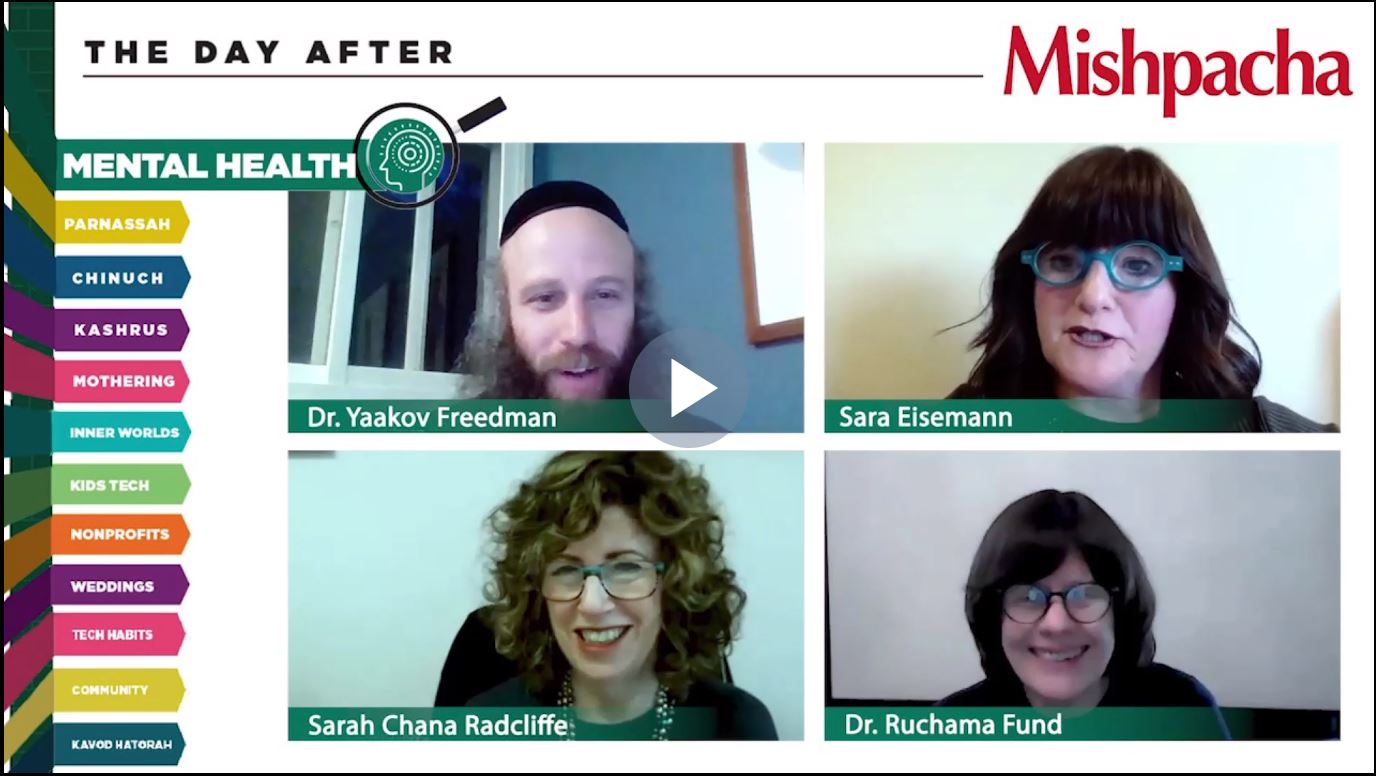
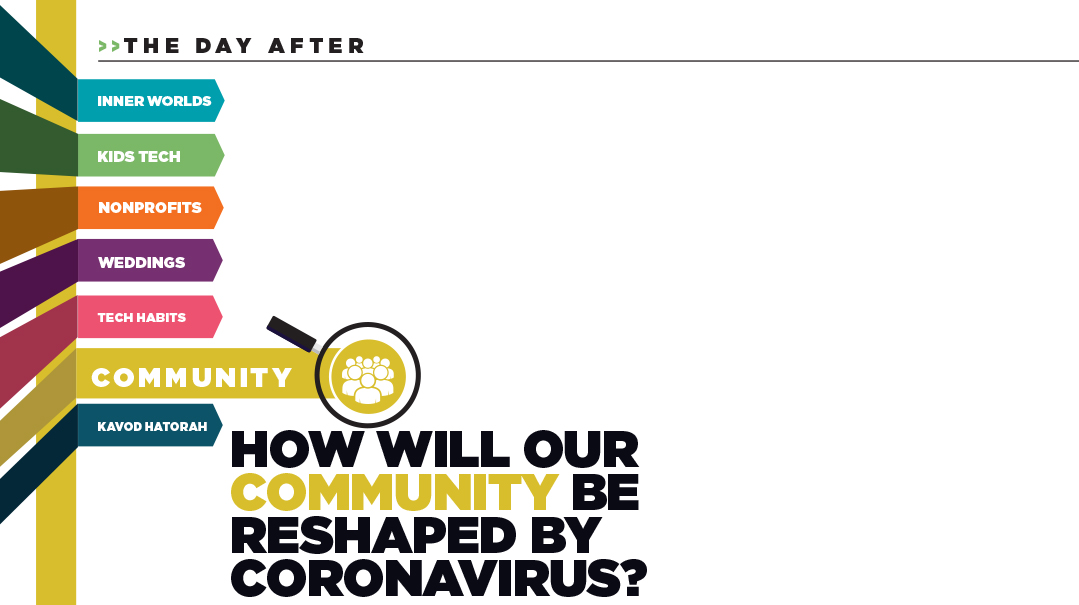

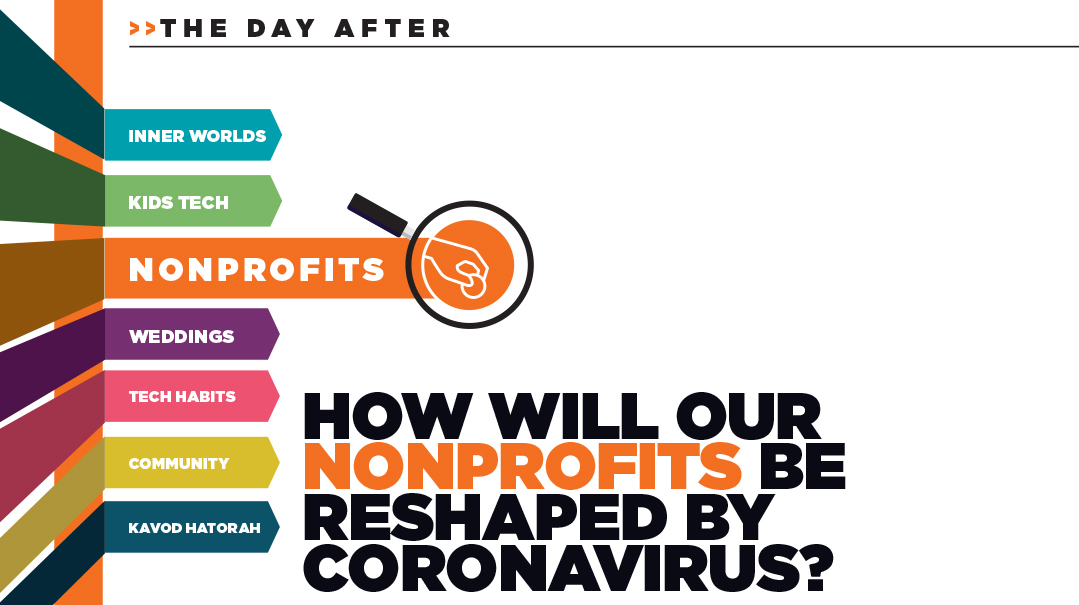

Comments (0)